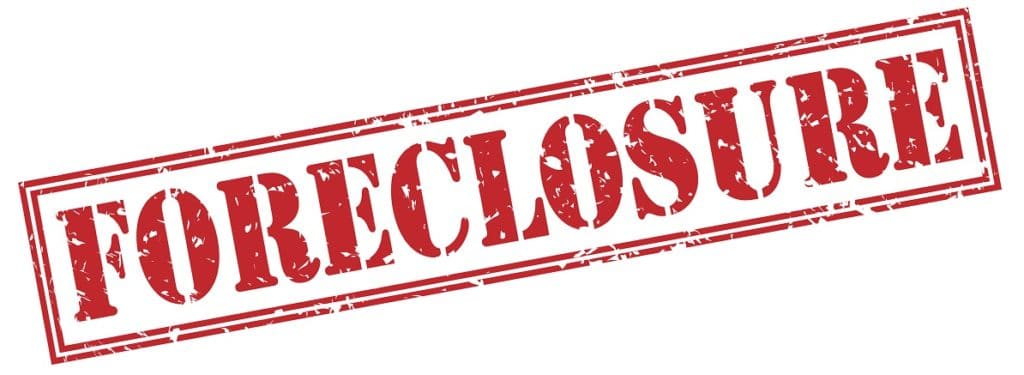Common Options When Facing Foreclosure
Despite the fact that the first quarter of 2013 yielded a decline in state-wide foreclosure activity by approximately 4.5% since 2012, Illinois continues to have one of the highest foreclosure rates in the nation. If you find yourself to be one of the thousands of Illinois residents facing foreclosure, the following option(s) may be available to you:

Foreclosure Defense
In Illinois, a foreclosure is commenced by the filing of a Complaint to Foreclose. Depending upon your situation, you may have a defense to the proceedings. In some cases, filing a response to the foreclosure action may allow you to work with the lender on loan modification and/or other loss mitigation options.
Deed in Lieu of Foreclosure
If you are unable to make payment on your mortgage and wish to surrender your property, your lender may agree to take the deed to your property in lieu of pursuing foreclosure. Generally, this means that your lender will not continue foreclosure proceedings if you transfer legal ownership of your property back to the lender. Your lender may agree to waive liability on any unpaid portion of the loan balance in exchange for return of the collateral.
Short Sale
A “short sale” is a sale of the property for a price that is less than what is currently owed to the mortgage company(s). With this option, a lender may approve an offer for sale that is less than the loan balance and agree to waive liability on any unpaid portion of the loan balance.
Offer and Compromise
If your unsecured debt (credit card bills, medical bills, personal loans) is preventing you from making your mortgage payments, it is possible to negotiate a settlement of these debts with your creditors. This option may require you to make a lump sum payment to the creditor and/or enter into an approved repayment plan. Offer and compromise is also commonly used to negotiate repayment of unpaid income taxes with the Internal Revenue Service.
Bankruptcy
The United States Bankruptcy Code offers debt relief and federal protection to qualifying individuals. There are two main chapters of relief available to consumers:
Chapter 7 Bankruptcy
Chapter 7 Bankruptcy is often known as a “liquidation.” For those that qualify, Chapter 7 Bankruptcy removes liability and the obligation to pay most unsecured debt (credit card bills, medical bills, personal loans, loan deficiencies, etc…). Illinois law allows you to keep certain property for a fresh start. Property in excess of these allowances is sold to pay back creditors. In practice, most people are able to keep all of their personal property and wipe out all of their debt. Chapter 7 Bankruptcy can help to alleviate financial obligations that would otherwise prevent you from making mortgage payments.
Chapter 13 Bankruptcy
Chapter 13 Bankruptcy is a financial reorganization. This Chapter is often used by individuals who either have too much income to qualify for Chapter 7 or have too much personal property. Chapter 13 Bankruptcy may also be used to stop foreclosure and/or repossession by forcing the bank to accept payment on the past-due account in a court-approved repayment plan. Plans last from 3 to 5 years and are calculated based upon household income, expenses and debt. Unsecured creditors (credit card bills, medical bills, personal loans, loan deficiencies, etc…) may receive as little as $0.10 per dollar owed, and once the Plan has been completed, any remaining balances are forgiven.
Franks Gerkin Ponitz Greeley offers a wide variety of legal services to help you achieve your personal goals. Please be advised that the information contained herein is not intended to be and does not constitute legal advice. You should always consult an attorney regarding your individual situation.





